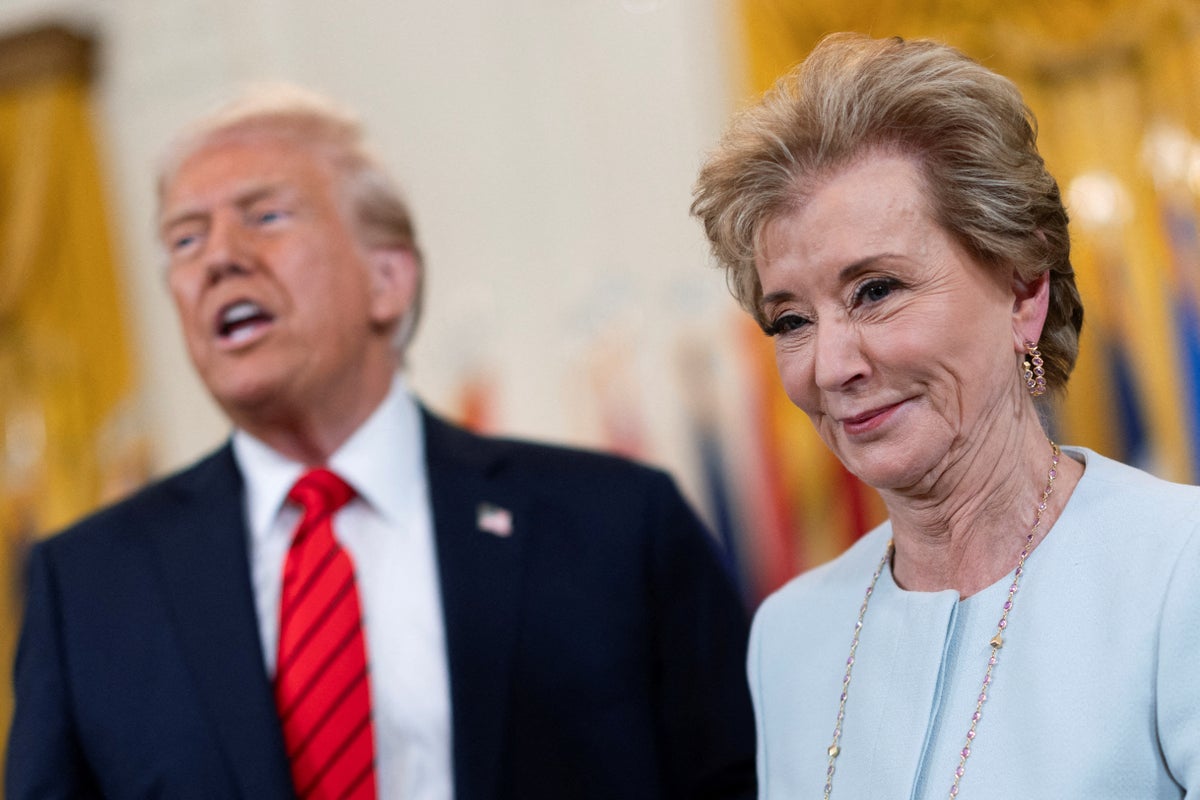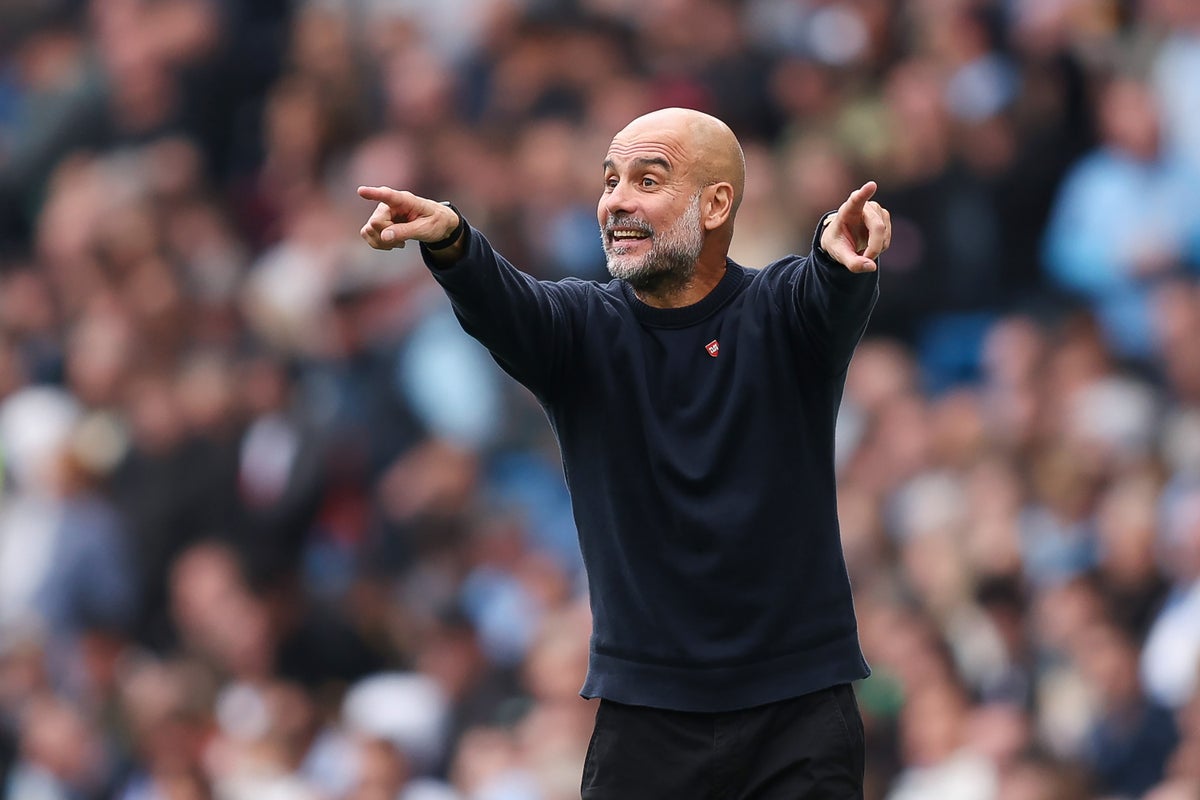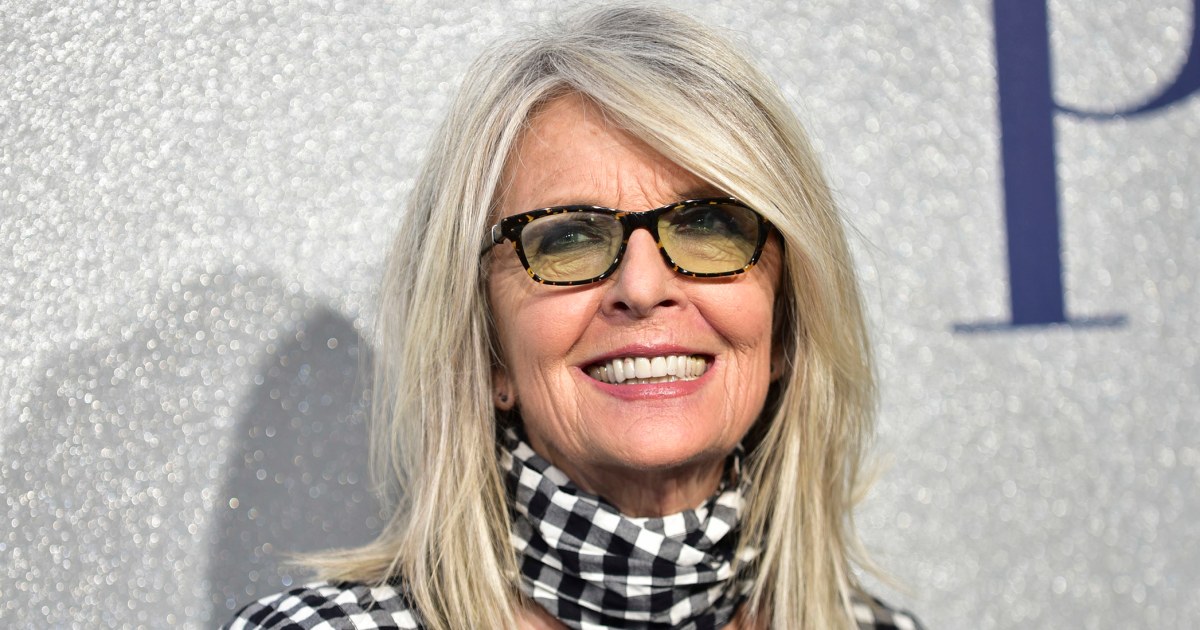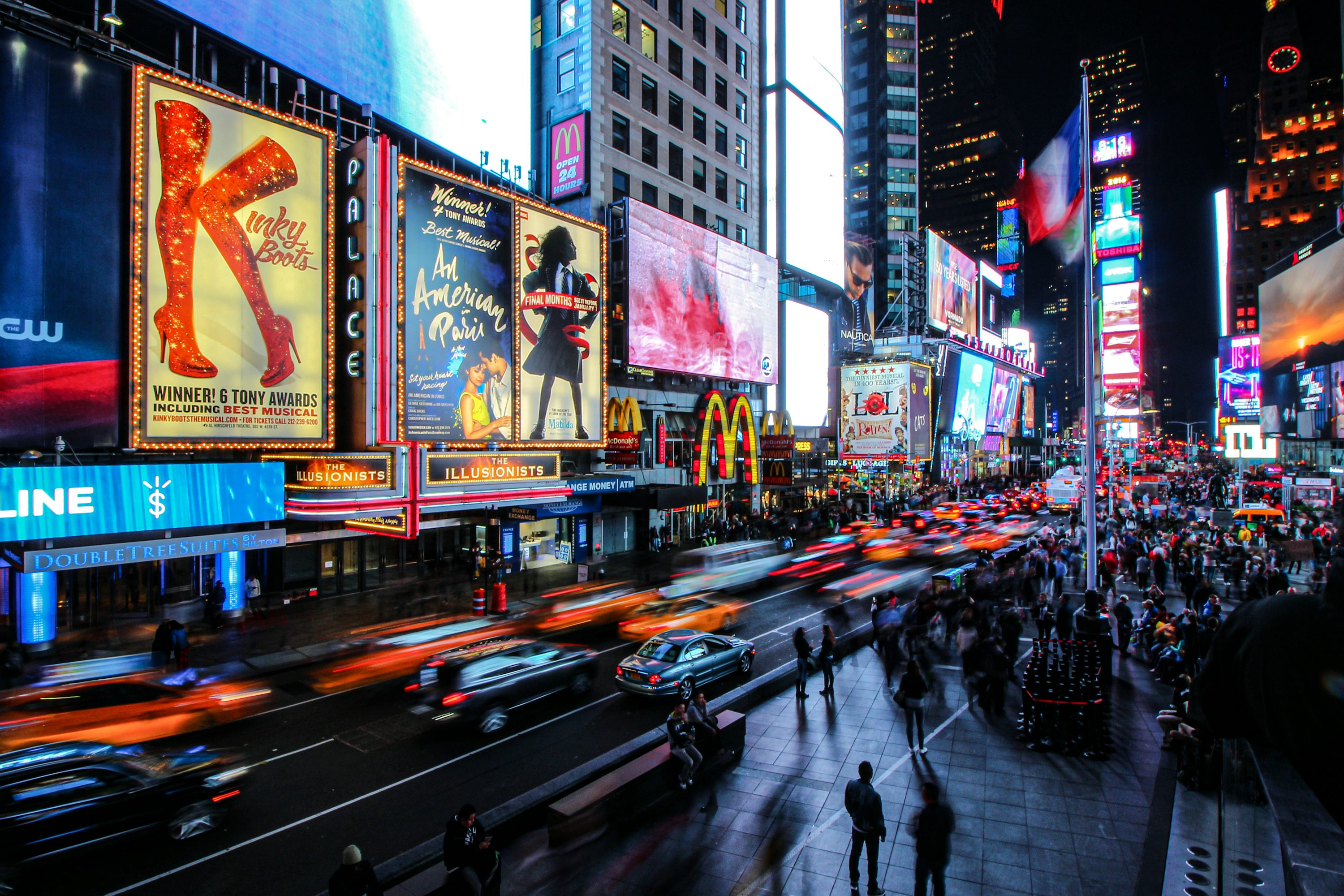Is there a young actor with a more exciting career than Harris Dickinson’s?
From 2022’s Palme d'Or-winning Triangle of Sadness to last year’s hit erotic thriller Babygirl, Dickinson has played the willing ingénue for some of the era’s most exciting filmmakers, from Ruben Östlund to Joanna Hogg to Xavier Dolan to Halina Reijn. In the process, he’s become one of his generation’s top young actors, a matinee idol with an arthouse bent, who’s just as likely to sing the praises of a relatively obscure Lino Brocka film in the Criterion Closet as he is to sit down with Jeremy Allen White and Zac Efron to cuddle puppies for Buzzfeed. It was no surprise then that when casting was announced for Sam Mendes’ much-anticipated Beatles biopics, Dickinson was front and center in the John Lennon role, standing beside Paul Mescal, Barry Keoghan, and Joseph Quinn—a kind of Avengers of Internet Boyfriends.
What might be surprising is that the 29-year-old Dickinson decided to take a step back from his red-hot acting career to pursue a long-held dream: to direct his first feature. Prior to his meteoric rise as an actor, Dickinson had already drawn strong critical and institutional interest around shorts like 2003, which played at the BFI London Film Festival in 2021. “You could argue that this wasn't the right moment for me to make this film,” he tells GQ. “But when is the right moment?”
That film, Urchin, which follows a young homeless man named Mike (played by Frank Dillane) as he grapples with the cycles of addiction and redemption, is finally in cinemas now. Premiering at the Cannes Film Festival earlier this year, the film won the FIPRESCI Prize in the festival’s Un Certain Regard section, immediately establishing Dickinson as a filmmaker to watch.
Dickinson recently talked to GQ about his directorial debut, the influence of Gary Oldman, and the power of the perfect needle drop.
GQ: How are you doing? It's a big week. Are you more nervous for this one to come out than, for example, Babygirl?
Harris Dickinson: Yeah, the stakes definitely feel more personal on your own film when you've spent so long developing it and making it. The stakes feel different. It's way more vulnerable and intense. We've obviously screened it in May at Cannes, and we've gradually, gradually introduced it to the rest of the other territories in the UK. We had our premiere a couple of weeks ago. So it's been a whirlwind, man.
People are responding well and giving interesting thoughts and feedback, but there's nothing you can really do to prepare for it. You just have to take it all in your stride and remember to be grateful because it is such a privilege to be able to make films, man. It's something I've wanted to do forever. So it's wild that, A, we got the film made, and B, we're here now in New York and we're sharing it, and we screen it at IFC, which is one of my favorite cinemas and a place that's been a safe place for me over the years. It means a lot.
How often do you go to IFC when you're in town?
All the time, dude. I lived right by it. I've done three jobs here. I did Beach Rats in New York. I did a television series called A Murder at the End of the World in New York. And then I also did Babygirl in New York and I lived right by. I would always be a walk away from the IFC.
I feel like that’s the best area for moviegoing, because you have Film Forum, IFC, and the Quad Cinema, all a walk away from each other.
Angelika Center wasn't too far either.
I was looking at the program you created at Roxy Cinema, which featured films you love that helped you make Urchin. Tell me why you included Gary Oldman's Nil by Mouth.
Well, Nil by Mouth is something I saw relatively young, and it just resonated so deeply because similar to Urchin, it is about the consequences of cyclical behavior, and it's about the consequences of the brutality of humanity. It's got such a deft hand. It’s Gary Oldman’s first film [as a director], but it's a personal film to him. I know that he was drawing on very personal themes, and you can feel it in the film. It's got a hardness to it, but it's also considered in the way it's shot. It's a lot of more verité style, long lens. It's just a beautiful film, and also it's harsh. It's a harsh film and it deals with family and community in a really acute way. And it was just one of those films that I saw and thought, "Wow, this is profound filmmaking."
Obviously, Gary Oldman is also an actor going to the director’s seat. Is he someone you look up to in that sense?
Oh, for sure. I mean, as an actor, he was someone I looked to when I was young. He is such a transformative, nuanced actor. I mean, he hasn't [directed] another film. I'm hoping I won't wait that long to make another one. But I think he captured something about Britain at that time as well, when he made the film. That was interesting. He captured a certain community, a certain time in society, and that represents the margins very well in that sense.

.jpeg)
.jpg?mbid=social_retweet)































 English (US) ·
English (US) ·